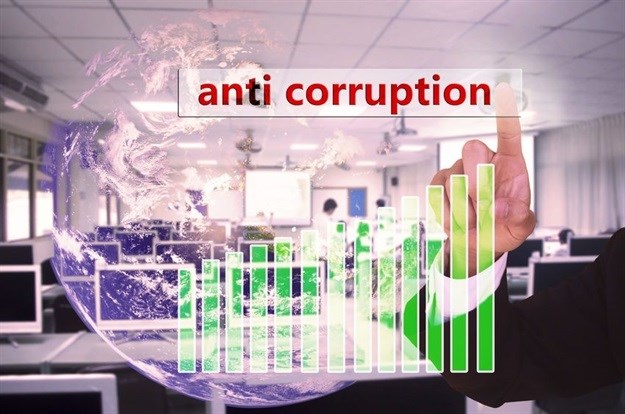Private companies are not immune to the risk of becoming involved in allegations of bribery and dishonest dealings, as can be seen from recent scandals and accusations. Therefore, they must adequately prevent such reputational damage.
Keeran Madhav, director of forensic services at Mazars, says, “Companies’ risk of facing massive fines and prosecution by local authorities, as well as the Foreign Corrupt Practices Act (FCPA), US Department of Justice (DoJ), UK Serious Fraud Office (SFO) and US Securities and Exchange Commission (SEC) is on the rise.
“Organisations like these have especially taken a hard line against international companies that engage in bribery in recent years. A recently published list of the top ten FCPA enforcement actions since 2008, show fines of up to $800 million having been handed down. Corporates in every sector need to treat bribery and corruption and any other financial crimes very seriously.
“Companies that operate across multiple jurisdictions are at increased risk of both being implicated in corrupt dealings, and being prosecuted under the FCPA, DoJ and SFO. As a result, large corporates will need to start making sure that their anti-bribery and corruption policies are more than mere formalities to attain compliance.”
Reputational damage outweighs actual innocence
The need to build robust anti-corruption measures into one’s business is also vital to ensure future business. “Even if a company’s guilt or innocence had not yet been proven, the reputational damage of being connected to corruption is potentially devastating. Transparent anti-bribery and corruption measures are paramount in helping to assure stakeholders and investors of a company’s integrity.”
“As part of this, a company needs to be able to show that it conducts due diligence regarding its partners and third parties. Research shows that third parties often pose the biggest risk. Many of the cases that we have seen where facilitation fees and bribes were paid to officials, third parties were involved setting up the deals.”
Additional costs are justified
“The one challenge for many companies is the fact that building adequate anti-corruption measures into a business costs both time and money. Attaining compliance with international standards is also becoming more onerous, which is why many companies only put the anti-corruption measures in place that are stipulated by existing regulations.
“However, that the additional cost of implementing a robust, company-wide programme can be justified, as it mitigates the risks of future reputational damage and possible declines in company value or share price in the case of listed entities.
“Lastly, the most important part of any anti-corruption policy, is to involve a reputable advisor to assess the organisation’s existing procedures, create adequate anti-corruption programs and conduct due diligence where necessary. In addition to these services, Mazars conducts both internal and external investigations concerning allegations of bribery and corruption within a company. We also assist in finding the facts, rooting out the perpetrators and conducting reports for legal cases.
“Being proactive and closing the gaps for possible corruption and bribery within one’s company is becoming increasingly important. Corrupt businesses will come up against much harsher penalties in the coming years, and the reputational risk of being associated with bribery and corruption will be far more detrimental to the company,” concludes Madhav.





























